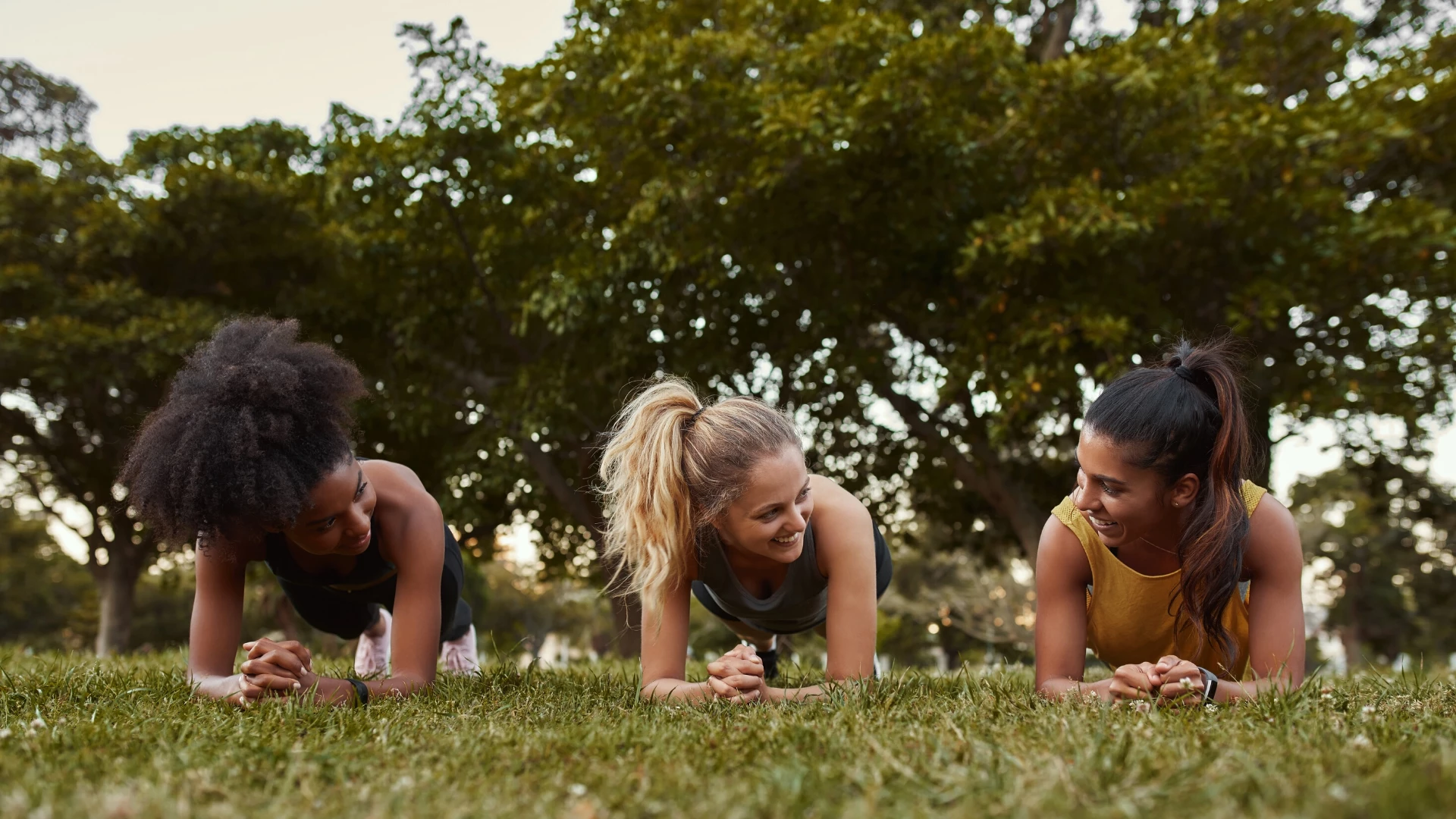Yoga Can Be Helpful for Teens Suffering from Anxiety, Study Finds

A 14-year-old girl and her mother comes to see the family doctor, complaining about severe anxiety that is interfering with her ability to sleep, social interactions, and school.
The mother explains that therapy and/or psychiatry is “too expensive and is not covered by our insurance” and she doesn’t want her daughter taking psychiatric medications, because she is concerned about the side effects of antidepressants and similar medications.
The above scenario plays out daily in thousands of doctor’s offices across the nation. Anxiety is now the most common mental health issue among adolescents. Yet, teens and their parents are faced with limited treatment options, which are difficult to obtain, expensive and potentially harmful.
New Study on Yoga for Teenage Anxiety
On this background, a new review study finding that yoga and mind-body therapies are helpful for addressing teenage anxiety is particularly noteworthy.
Adolescence was always a stressful period. However, in today’s society, Teenage Angst has taken on a whole new meaning. Studies estimate that almost a third of teens suffer from anxiety disorder, and the numbers may be on the rise, since social media use and screen time also has been linked to poor mental health in several studies.
“Whereas anxiety and fear are typical reactions to the academic, social, and developmental challenges common during the adolescent years,” the study authors write, “clinical or pathological anxiety is excessive, persistent, and disruptive.”
The review study included studies the efficacy of several mind-body methods in reducing anxiety. These included mindfulness training, yoga, hypnosis, and biofeedback. All of the methods showed benefits, both in reducing anxiety, but also improving other variables, like school performance.
Yoga was one of the most studied methods for reducing anxiety in teens. Studies looked at the benefits of yoga asana, pranayama and meditation. Physical movement can be especially helpful for kids dealing with stress, the study authors note, whereas meditation on its own may not be suitable for people dealing with trauma or chronic high levels of stress.
In sum, the authors note, methods like yoga and mindfulness training may be worth trying before medication (although medication may be necessary in some cases, of course). For parents concerned about side effects and of traditional meds, taking a look one or more of these alternatives strategies first may make sense.
“In the field of pediatric primary care, there is a dire need for affordable and accessible mental health care strategies,” the authors note. More than half of teens with mental health disorders don’t receive professional care, and among those, teens with anxiety disorders are the least likely to receive care.
“A growing body of evidence supports the implementation of mind-body practices as a low-risk and cost-effective strategy in the management of adolescents with anxiety,” the authors conclude. “Biofeedback, mindfulness, yoga, and hypnosis are all promising forms of mind and body practices in the battle against rising rates of adolescent anxiety. The literature supports the use of mind and body practices in the home, the classroom, and in clinical settings.”


